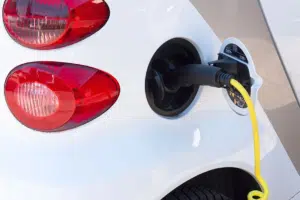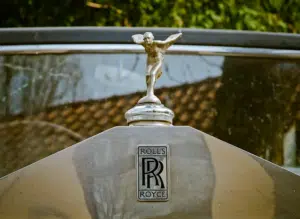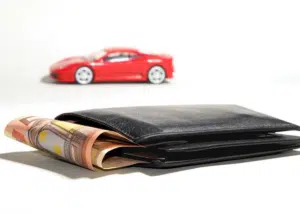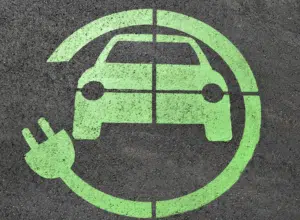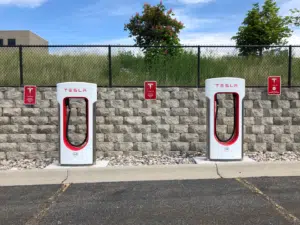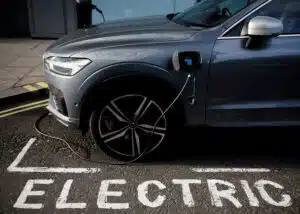The best way to describe your car is that its kind of like an asset and a liability at the same time, so yes, you could say that your car is a depreciating asset. The value of your car will depreciate over time so why not include it as part of your net worth calculation?
What is an asset?
In simple terms, an asset can be anything that one owns. It could be worth something now or it could be worth something at a later date. There are many different types of personal assets, from certificates of deposit and real estate to life insurance and stocks. One of the most common types of depreciating assets is motor vehicles.
Think of it like this, if you have something that holds value, it’s going to be considered an asset. Assets lose value over time, especially motor vehicles. What’s important as a consumer, is to know what your vehicle’s depreciation will be and what that will mean for payments.
How your car is an asset?
The minute your car rolls off the forecourt, it’s lost some value. We hate to break it to you, but it’s true. Your car loses value the moment you drive it off the lot and it will then continue to lose value as time goes on and there’s not much you can do about it.
Did you know that your average new car can depreciate by as much as 30% in the first year? The more years that pass by, the less your car will be worth and that’s just how it is. With this in mind, you’re probably wondering how a car can be considered an asset if an asset is something that holds value. How can a car be an asset if it loses value?
Your car is a depreciating asset. So even if you financed your car, your car will be a depreciating asset because it’s not affected by the car loan. As time goes on and with new models being released all the time, an older vehicle would sadly lose even more of its value and that’s without including the costs of maintenance, insurance, and fuel prices.
With this in mind, that’s not to say that you can’t quickly put your car on the market and convert it into cash if you wanted to. The thing that will get you the most, is the added costs and decline in value, which will make your car a depreciating asset.
Depreciating assets
If you’ve got a Personal Contract Plan (PCP) agreement, then your monthly payments will relate to paying off the depreciation of your vehicle over the period of your plan. What you’ll find is that your vehicle will have a guaranteed future value at the end of the term, with the difference being your regular payments.
The depreciation of your vehicle will fall most dramatically within the first year of ownership, as much as 35%. Then after that, it can be as high as 50%. We wish that we could give you a straight answer as to why your vehicle can depreciate like that, but it’s due to a wide range of factors. For example, if the same type of car is entering the market at the same time, this may cause the vehicle to be at a lower value.
Calculating your depreciation
As a general rule of thumb, this is the general rule for the standard depreciation to value your car:
- Most cars lost 10% of their value in their first year
- Each year after that, they will lose another 15%
- After five years, a car is worth around 40% of what you paid for it when you bought it
That’s why you’ll find that when buying a car, the figure you buy it for is based on the car’s age. If you’re buying a car, you could always negotiate the price to get it down. By using that number and taking the appreciation for the vehicle’s age, you can usually get a good deal.
If you are clever about it and you can find a model that fits your needs, you might be able to bag yourself a vehicle that retains more of its value over time, win-win! If you’re looking for a brand that tends to hold its resale value, then the Toyota is the one you’re after. Porsche is up there as well for a luxury brand option.
Exotic models tend to depreciate slower or can even gain value over time, can you believe it? It’s all about the condition, popularity, and rarity of exotic models that can affect their value. The main thing that you can do to help soften the blow of your vehicle’s depreciation is always take care of your vehicle. By this we mean regular maintenance, keeping the upholstery clean, and getting it repaired when necessary.
Are your car and net worth related?
Your net worth should be your liabilities subtracted from your assets. So, since your car is considered a depreciating asset, this should be included within your calculation too. Remember, the longer you keep your car, the more it will depreciate. For example, if you keep your car for five years, you’re looking at around 40% of the car’s price to your net worth and so on.
The main thing is when your calculating your net worth is to include your car and check out what your vehicle’s current market value is too.
The bottom line
It doesn’t matter what the make, model, or year your car is. The fact of the matter is, that nearly every vehicle on the road will depreciate over time and there’s not much you can do about it. When you think about the miles, the accidents, and just general wear and tear, what your car is worth today, isn’t what it will be worth next year or the year after.
Your car is a depreciating asset that will continually decrease as the years go by. If you buy a new car and have to borrow money to put towards it, you might find that you would decrease your net worth too.




















